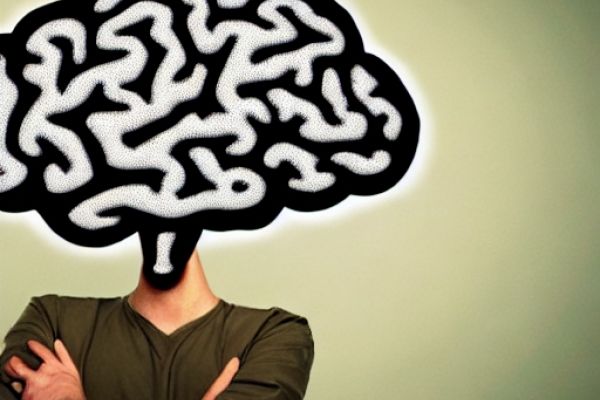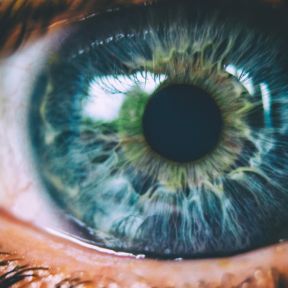
Aphantasia
Aphantasia is the inability to form mental images; a person without a mind’s eye cannot imagine the scene of a sandy beach, for example. They cannot visualize people, places, objects, or other images. This is not a clinical disorder or disability, it is considered a neurological characteristic. People with aphantasia have a different way of perceiving and processing images. Many individuals do not know that they have aphantasia, but approximately 1 to 4 percent of the population is estimated to experience this phenomenon.
The condition was first documented in the late 1800s. Much later, in 2015, Adam Zeman, a professor at the University of Exeter in the United Kingdom who specializes in cognitive and behavioral neurology, described this phenomenon. According to his research, people without mental imagery compensate by relying on their verbal ability as well as conceptual thought. People with aphantasia develop alternative strategies to remember things, problem-solve, and think creatively.
People with aphantasia often do not even realize that they have it until their teenage or young adult years. A person with this feature would be hard-pressed to consider what mental imagery means: you cannot see what you cannot see, so to speak.
There are also different degrees of aphantasia, some people have no mental imagery whatsoever, and others may visualize an image that is dim, vague, or fuzzy. Aphantasics may not be put off by descriptions of things that are visually disgusting or scary. Because it exists on a spectrum, some can visualize a mental image when they open their eyes.
Differences in brain structure may be involved, especially in brain regions used for mental visualization. In some individuals, the visual cortex may be less active or developed.
This phenomenon can run in families; a person with aphantasia is more likely than a person without aphantasia to have a family member with the characteristic. Genetics may influence certain brain regions that are involved in mental imagery.
Not being able to visualize a past event or something that happened may make it harder for a person to remember the event. They may remember certain aspects of what transpired, but not a mental image of it. Aphantasics may have poor episodic memory, a conscious memory of a previous experience.
People within the autism spectrum may also experience aphantasia. And while aphantasia and autism may co-occur, the former does not involve the challenges associated with autism.
Developing aphantasia is relatively rare. However, damage to certain parts of the brain, such as the occipital lobe, may cause this phenomenon. A stroke, concussion, or other brain injury could cause aphantasia.
Some people with aphantasia can have mental images during dreaming, however, they may not be as vivid or frequent. Researchers are not sure why the ability to experience imagery during dreams is conserved, but it may involve the ability to visualize involuntarily, which occurs during dreaming, as opposed to consciously summoning mental imagery to mind.
This is the opposite of aphantasia, wherein an individual can vividly see mental imagery as if it were right before them. Some 3 percent of people have hyperaphantasia.
Health professionals may use imaging scans for testing, these may include computed tomography, magnetic resonance imaging, or electroencephalograms. There are also surveys to gauge mental imagery including the vividness of visual imagery questionnaire.
There is no reason to treat this phenomenon; it is a cognitive variation in how one’s mental world is experienced. However, if aphantasia develops because of a health condition or brain injury, for example, the underlying cause should be addressed.






